
Corning announces atomically-improved Gorilla Glass 3 -- up to 3x more scratch resistant
It’s hardly one of the sexiest announcements to come out of this year’s CES, but the news that Corning has improved its toughened screen glass will be welcomed by accident prone smartphone owners everywhere. As someone who drops their phone with distressing regularity, I can’t begin to tell you how much I already appreciate Gorilla Glass’s strength and scratch resistance.
Corning says changes to the atomic structure of its material means the new Gorilla Glass 3 with Native Damage Resistance boasts such improved durability that it can withstand deep scratches and cracks in the glass, so you’ll be able to keep using a damaged phone or tablet for longer. Scratches you pick up along the way will be much less visible too.
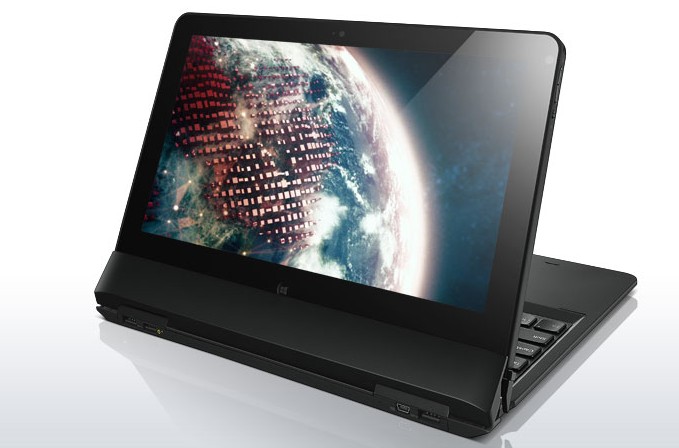
5 CES 2013 pre-show announcements you should know about
The Computer Electronics Show gathers a significant number of companies and prospective buyers alike in Las Vegas for four days starting Tuesday. However, many companies didn't wait for opening day. Which among the early birds stand out from the others?
From the plethora of pre-show announcements most are oriented towards general consumer appliances. For instance, LG's presentation emphasized 39 new driers and 72 new fridges, among super expensive OLED TVs. For a passionate technology enthusiast like myself CES is not Heaven, it's utter Hell. Still, within the literally hundreds of announcements there are some exciting products unveiled in all the pre-show madness.
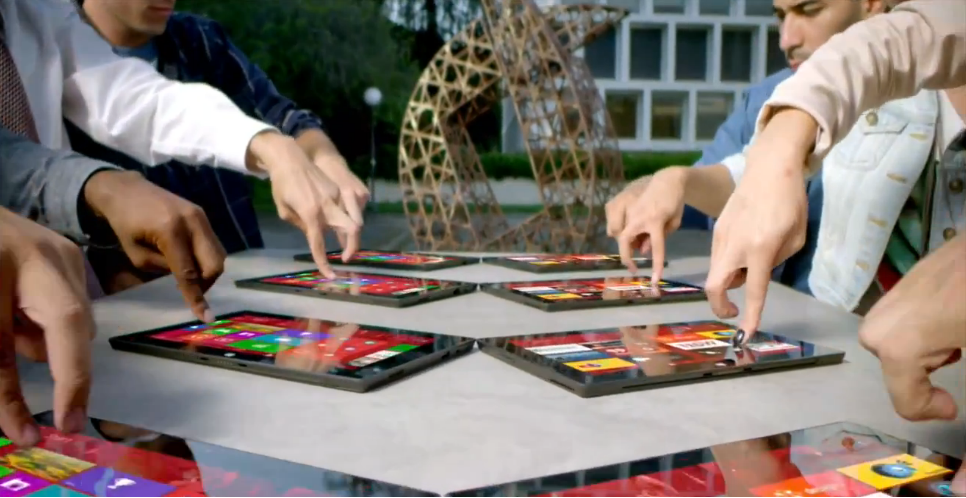
No holds barred -- Windows RT can be jailbroken
What's the first thing that springs to mind when you encounter the term "jailbroken"? Naturally, iPad, iPhone or iOS are among the most likely answers, but what about Windows RT? Microsoft's tablet operating system also embodies a walled garden principle, however, similar to some Apple products, a developer uncovered a method to run unsigned apps, by exploiting a kernel vulnerability.
The jailbreaking method currently available for Windows RT is aimed at more advanced users that are familiar with modifying system files, as there is no installer or one-click-to-jailbreak solution ready. Daring users have to change the minimum signing level from "8" (also known as "Microsoft" level) to "0" (also known as "Unsigned"), the latter, which is the default value for the x86 counterpart, Windows 8. Sounds easy, but the process is not.
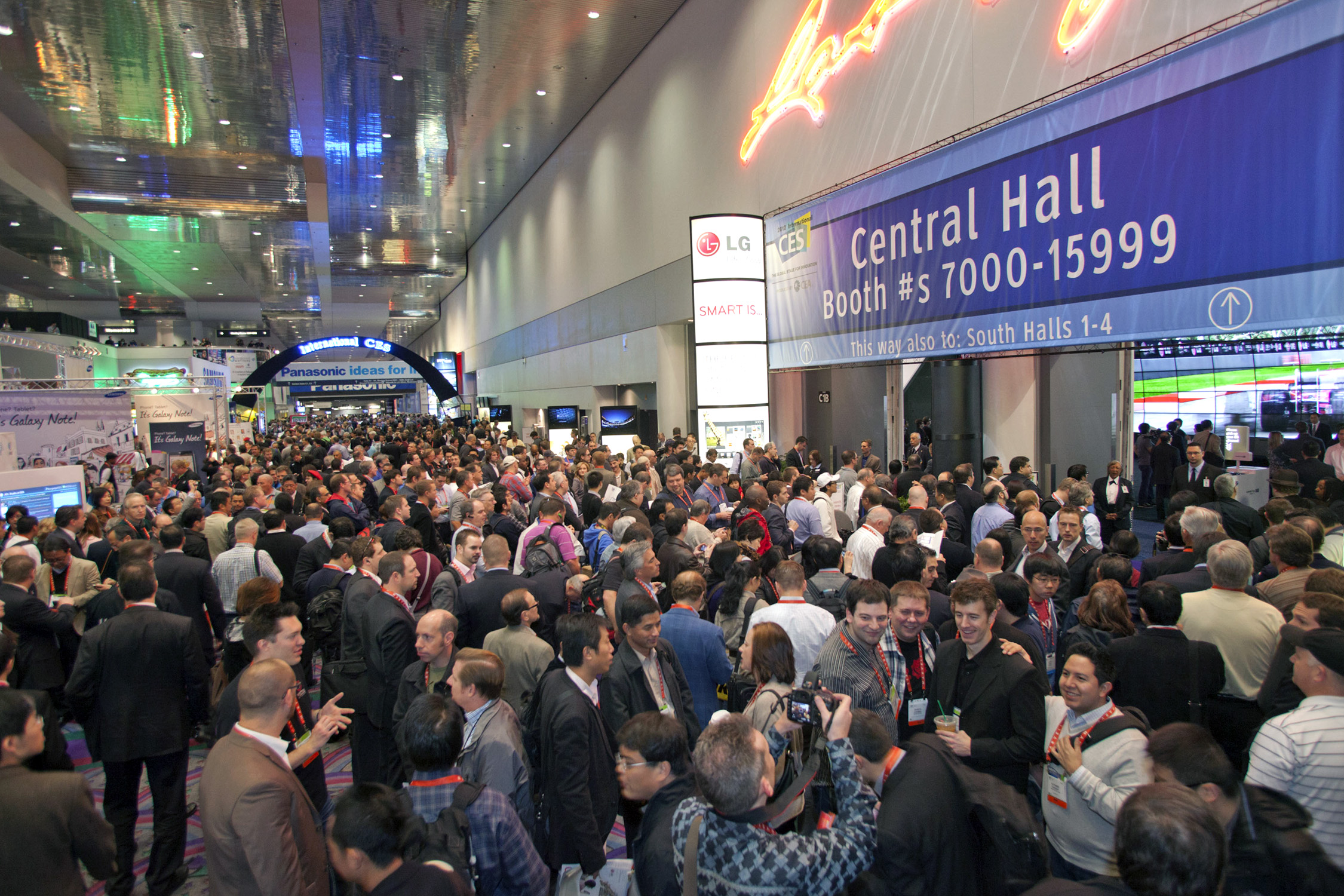
I hate CES, and you should too
Consumer Electronics Show 2013 commences in about 24 hours with the pre-show keynote. I won't be there, and wonder why you will be. Apple is right to be a perennial no show, and Microsoft demonstrated wisdom pulling out -- and this year giving up the coveted kick-off presentation. Tradeshows like this are dinosaurs. Where's the meteor -- the oh-so needed extinction-level event? To everyone inviting me to their CES booths and parties, perhaps now you understand why I didn't respond to your email.
I hate the Consumer Electronics Show and the tsunami of products crashing down in mass self-mutilation and destruction. Who needs them anyway? Will your life really be better because a new cell phone's screen is 0.1 inch larger? Or there's a new Google TV box just like the others, only from a different manufacturer? NPD says not. The analyst firm released data today that tickles my CES-loathing soul: According to surveys, 68 percent of US consumers are happy with the tech they've got. What they do care about: Tech that meets their, ah, digital lifestyle.

Is Ice Cream Sandwich the new Gingerbread?
Gingerbread, your reigning days are numbered as Ice Cream Sandwich and Jelly Bean aim to take your crown! For the first time in recent months the two year-old operating system drops under 50 percent in the Android distribution charts, based on the number of devices accessing Google Play during the 14 days ending January 3.
On November 13, Google released its latest treat in the candy jar, Android 4.2. Little under two months later, the second Jelly Bean iteration claims a distribution level of 1.2 percent of all green droid devices, a number 50 percent higher compared to the previous figures released in early December. The significant growth can be attributed to sales and software upgrades for Nexus-branded devices such as the Nexus 4, Nexus 10, and Nexus 7, respectively.
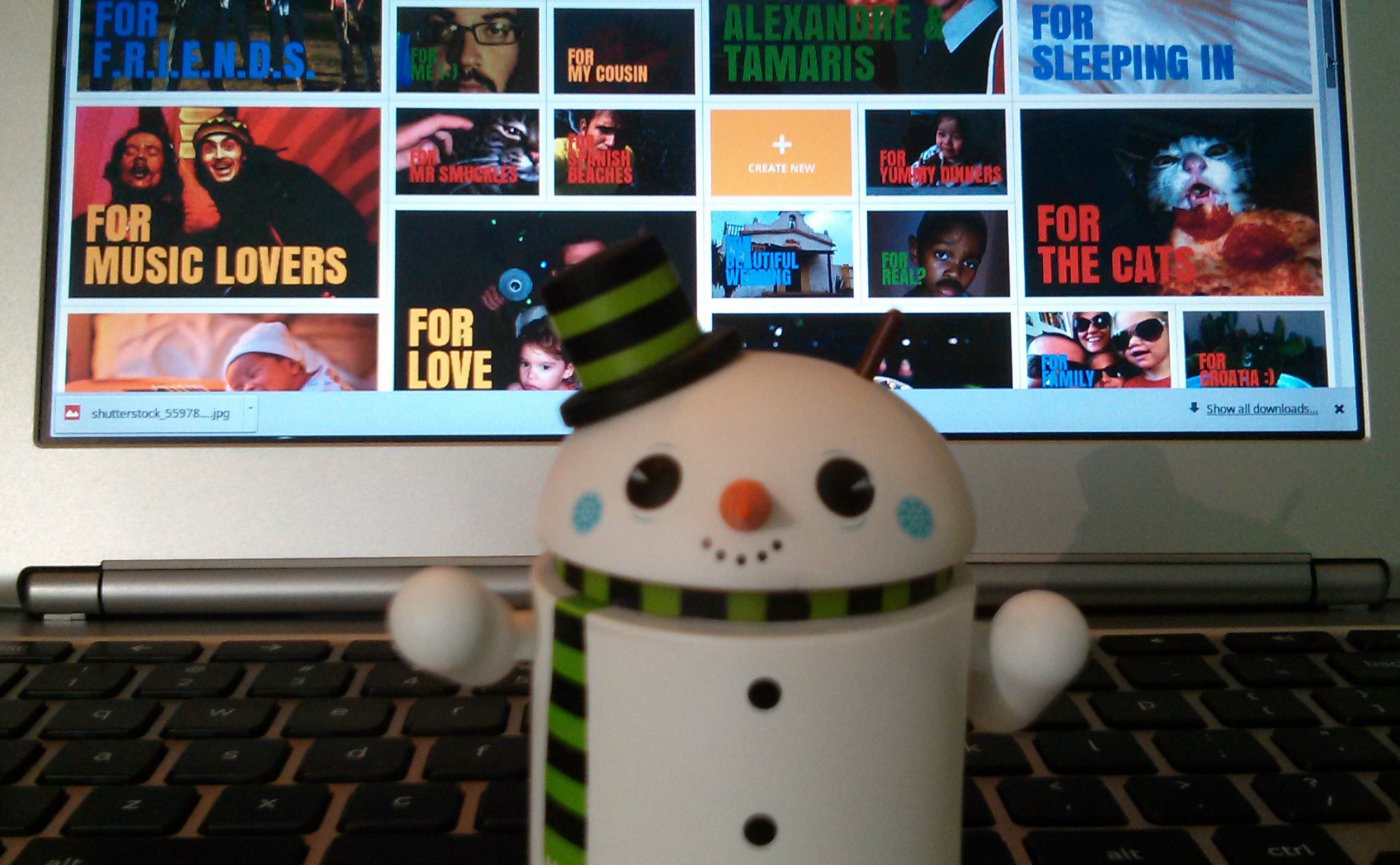
My tech life completely changed in 2012
I join colleagues Mihaita Bamburic, Alan Buckingham and Wayne Williams recounting what tech I used in 2012. But unlike them, I made dramatic platform changes, more significant than first using Windows over New Years holiday 1994, buying a reburbished PowerBook in February 1999, adopting Facebook and Twitter in 2006 or purchasing Nexus One in January 2010. Each of these marked major platform changes -- and some not always lasting. Consider this: in early 2012, I owned a 1.8GHz Intel Core i7 MacBook Air, iPhone 4S and iPad 3. I end the year using Chromebook and Android smartphone and tablets.
During the year I moved from OS X and Windows running on Intel to an ARM-and-Chrome OS laptop, and after several failed attempts at adopting tablets (three generations of iPads, really), I embraced not one but two Android slates. I store all my data in the cloud -- local storage is now merely a way station between destinations rather than personal repository. This old dog is learning new tricks, and if I make such dramatic platform changes what does that mean for younger users who are more flexible and not as financially or habitually Apple/Microsoft/Intel committed? Look around, the PC era rapidly evaporates around you and its disappearance will be difficult to ignore in 2013.
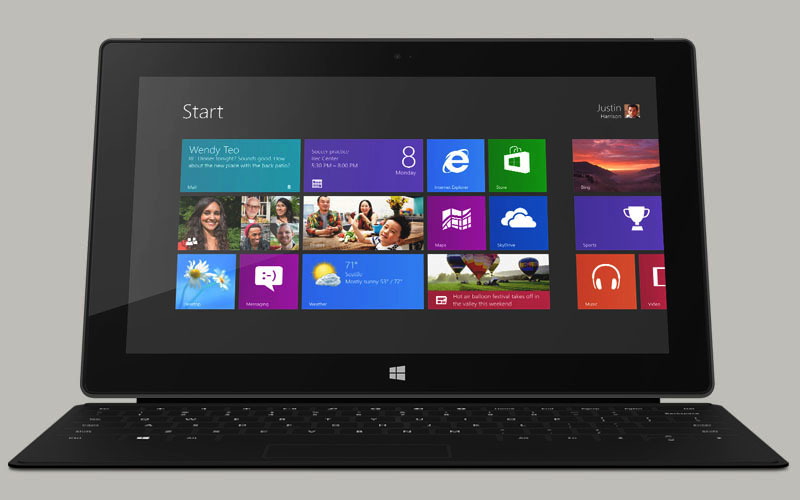
Microsoft Surface Pro is a Swiss Army Knife in disguise
For those used to cutting the rope or drawing "something", Microsoft Surface Pro is not going to be the tablet for you. Microsoft’s latest attempt to conquer the business end of the tablet market has left many puzzled as to why the software giant has priced a basically untested product right at the $900 mark, when the latest generation iPad starts at $499. They assume, perhaps understandably, that Surface Pro competes with Apple's pride and joy, yet they are wrong. Surface Pro is actually a miniaturized laptop trapped inside a tablet's shell.
For professionals and power users it doesn’t take long to realize that Surface Pro is as far away as possible from a basic consumer-oriented tablet. The dead giveaway is the processor and graphics card combination -- a third generation Core i5 CPU paired with an HD Graphics 4000 GPU, both made by Intel. Together they really shout from the top of their silicons: "We really come from PC technology!" The naysayers should therefore understand where Microsoft is actually going with Surface Pro -- towards professionals and power users, not the Cut The Rope or Draw Something crowd (although it can be used for that too).
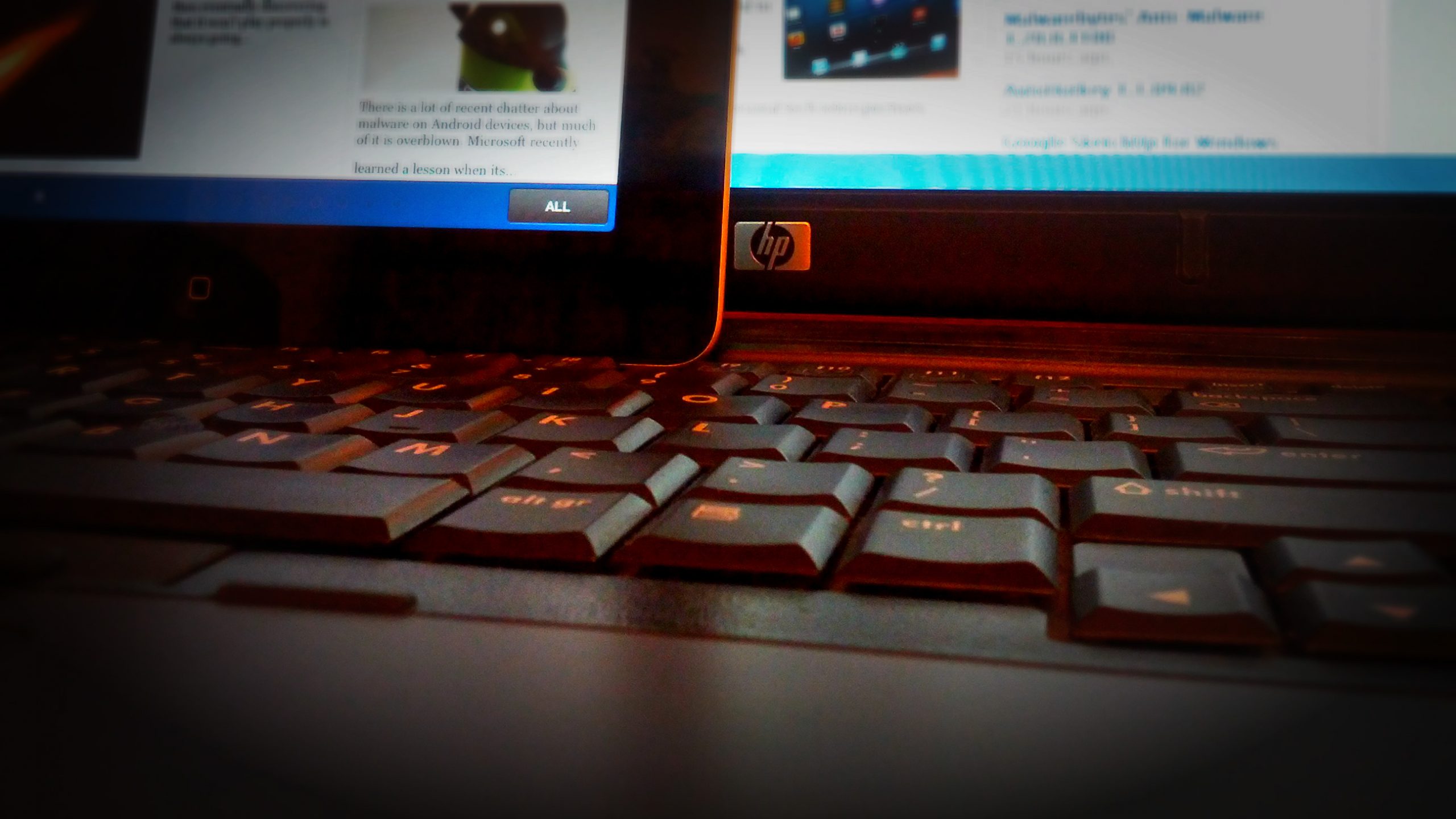
[Mihaita] The tech I used most in 2012
If there's one word that best describes my personal tech use for 2012, change is definitely it. For the most part of the year I "cheated" one platform with another, with no particular personal favorite to get me through (almost) 365 days. Each piece of software and hardware is used for a particular scenario, something that I find rather soothing for my personal early adopter endeavors as well as my sanity. I just can't stand tinkering with the same bit of tech for longer periods of time, although there still is a dear old friend in my life...
My colleagues Alan Buckingham and Wayne Williams already wrote about their personal tech choices in 2012, and now it's my turn. Without further ado here is what I used most throughout the year, starting with my trusty dear old friend.
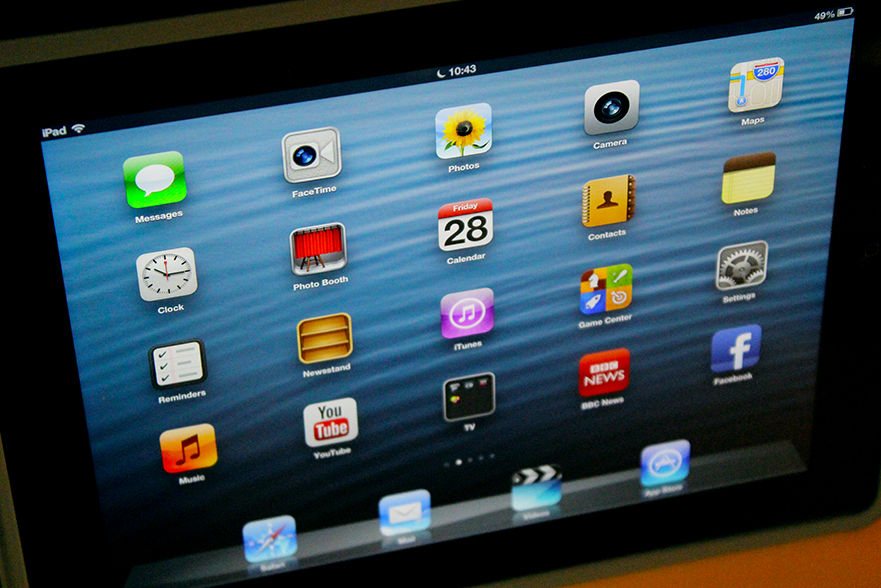
[Wayne] The tech I used most in 2012
To paraphrase Ferris Bueller, "Technology moves pretty fast. If you don't stop and look around once in a while, you could miss it". Smartphones and tablets are being updated, iterated and replaced so quickly these days. Take the iPad. Apple rolled out a new version in March, and then replaced it with a faster model in November. You’re never at the cutting edge for long, so you need to enjoy that moment while you can (not that it really matters if your tech devices are a generation or two behind, of course -- so long as they work and do what you need them to).
My colleague Alan Buckingham wrote the first of the BetaNews team’s personal tech retrospectives yesterday. Now it’s my turn.
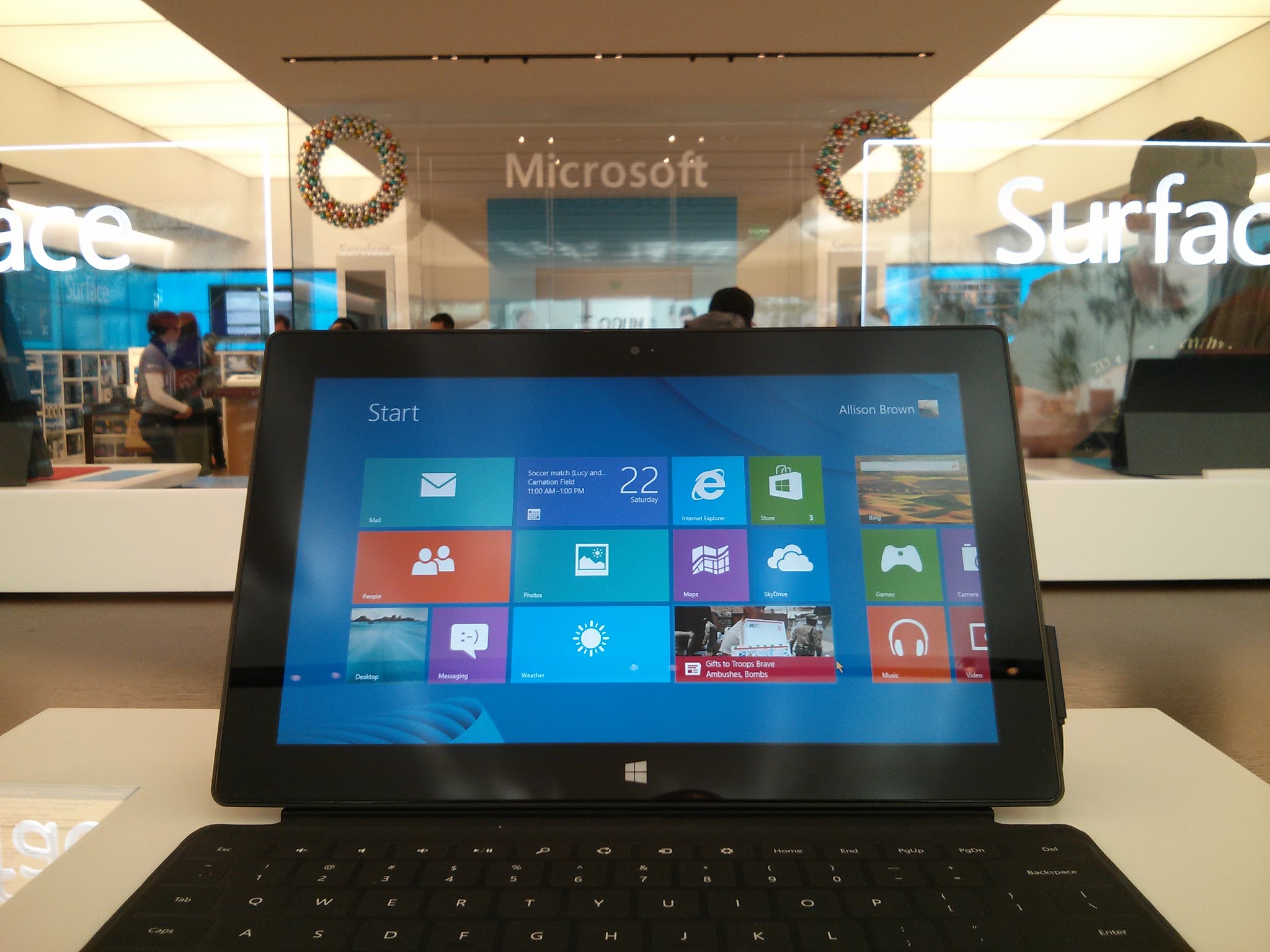
Seven out of 10 will buy Surface Pro
Twenty-six days ago I asked "Will you buy Microsoft Surface Pro?" after pricing released and pundits gripe it is too high. They compared to iPad, which I argued then (and still maintain) isn't right: Microsoft smartly prices Surface Pro against MacBook Air and Ultrabooks. But do you agree? Based on responses to the poll, yes.
Quick recap: Microsoft plans to release the second Surface tablet, running Windows 8 Pro, next month. The model available since October 26 runs Windows RT and is priced against iPad. Surface RT starts at $499. Pro is either $899 or $999 for 64GB or 128GB storage, respectively. Users can't install legacy apps on RT but they can on Surface Pro, which Microsoft positions more for business users and anyone needing access to the more traditional Windows desktop. The company also expects Pro buyers to pay up for Office 2013; the Home version ships free on Surface RT.
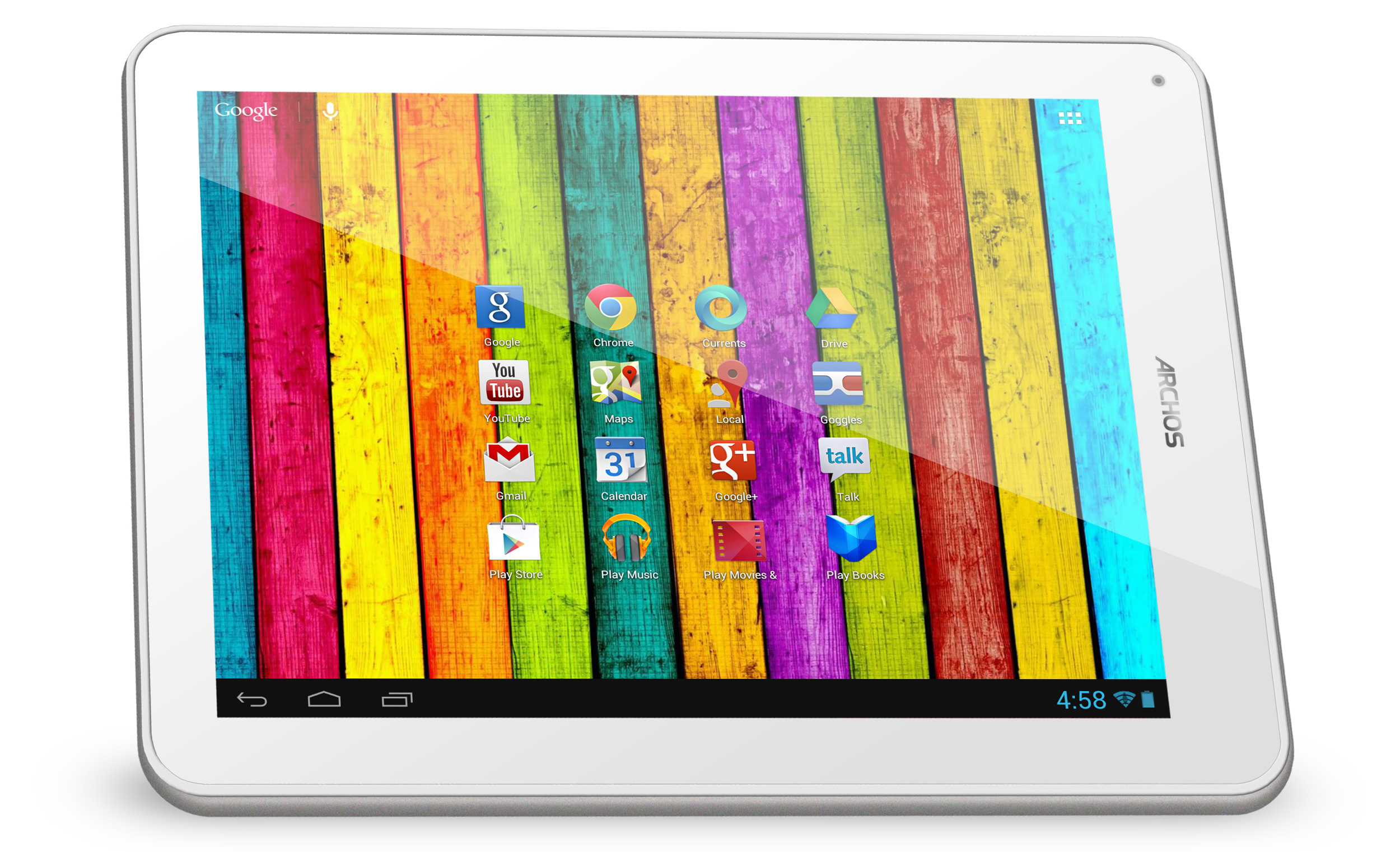
That's not iPad 4, it's the new Archos 97 Titanium HD
Apple's newest iPad and mainstream Android tablets couldn't be more different in the display department -- the former embraces a more conservative 4:3 format while the latter prefer the multimedia-oriented widescreen panels. However, French consumer electronics company Archos deviates from the norm with the 97 Titanium HD, an Android tablet with an iPad 4-like display.
The 97 Titanium HD tablet features a 9.7-inch IPS display with 10 point multitouch and a resolution of up to 2048 x 1536. Power comes from a 1.6GHz dual-core processor based on the A9 architecture, a quad-core Mali 400 MP4 graphics card and 1GB of RAM, a combination similar to the one found in the original Samsung Galaxy Note. The tablet also sports 8GB of internal memory, alongside a microSD card slot that can extend the storage capacity by a further 64GB. What about the software?

Red Hat acquires ManageIQ
Concurrent with third-quarter earning results late this afternoon, Red Hat announced plans to acquire ManageIQ, an enterprise cloud provider. The all-cash deal is for $104 million. Red Hat is uniquely positioned, opportunity and risk, for enterprise server consolidation and transition to private clouds -- for which virtualization is a linchpin technology. The Raleigh, N.C.-based company plans to expand its own capabilities by fitting ManageIQ's monitoring and management tools onto existing solutions.
Red Hat's acquisition rides the cusp of a trend. Last month, IDC forecast big cloud-related mergers for 2013 -- totaling $25 billion over 20 months. The analyst firm sees three converging trends vertically related. "The IT industry as a whole is moving toward the mobile/social/cloud/big data world of the 3rd Platform much more quickly than many realize: from 2013 through 2020, these technologies will drive around 90 percent of all the growth in the IT market," Frank Gens, IDC chief analyst, says. "Companies that are not putting 80 percent or more of their competitive energy into this new market will be trapped in the legacy portion of the market, growing even slower than global GDP.
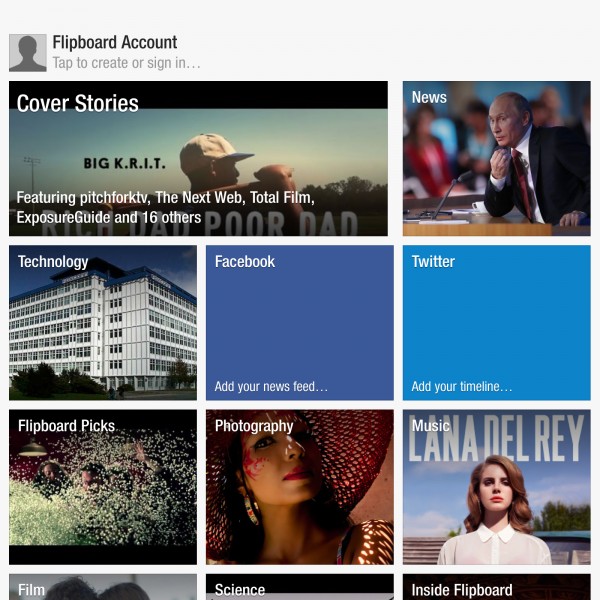
Flipboard comes to Android tablets
I don't much like Flipboard, popular as the app/service may be. But if you do and have a 10-inch Android tablet, there's a new version. It is specifically designed for all screen sizes, although users of 7-inchers could easily get by with the phone app. Now they can expect more, and I admit Flipboard is even prettier on Nexus 7.
But the service isn't customizable enough for my tastes. Sure, you can add more channels, but Flipboard controls sources for the major ones. Your control comes from adding more personalized channels like Google News or your social networks. Also, I find apps like Feedly, or even Google Currents 2.0, to be more visually appealing. Hey, that's just my tastes; I'm not a member of the Flipboard fan club, big as it might be.
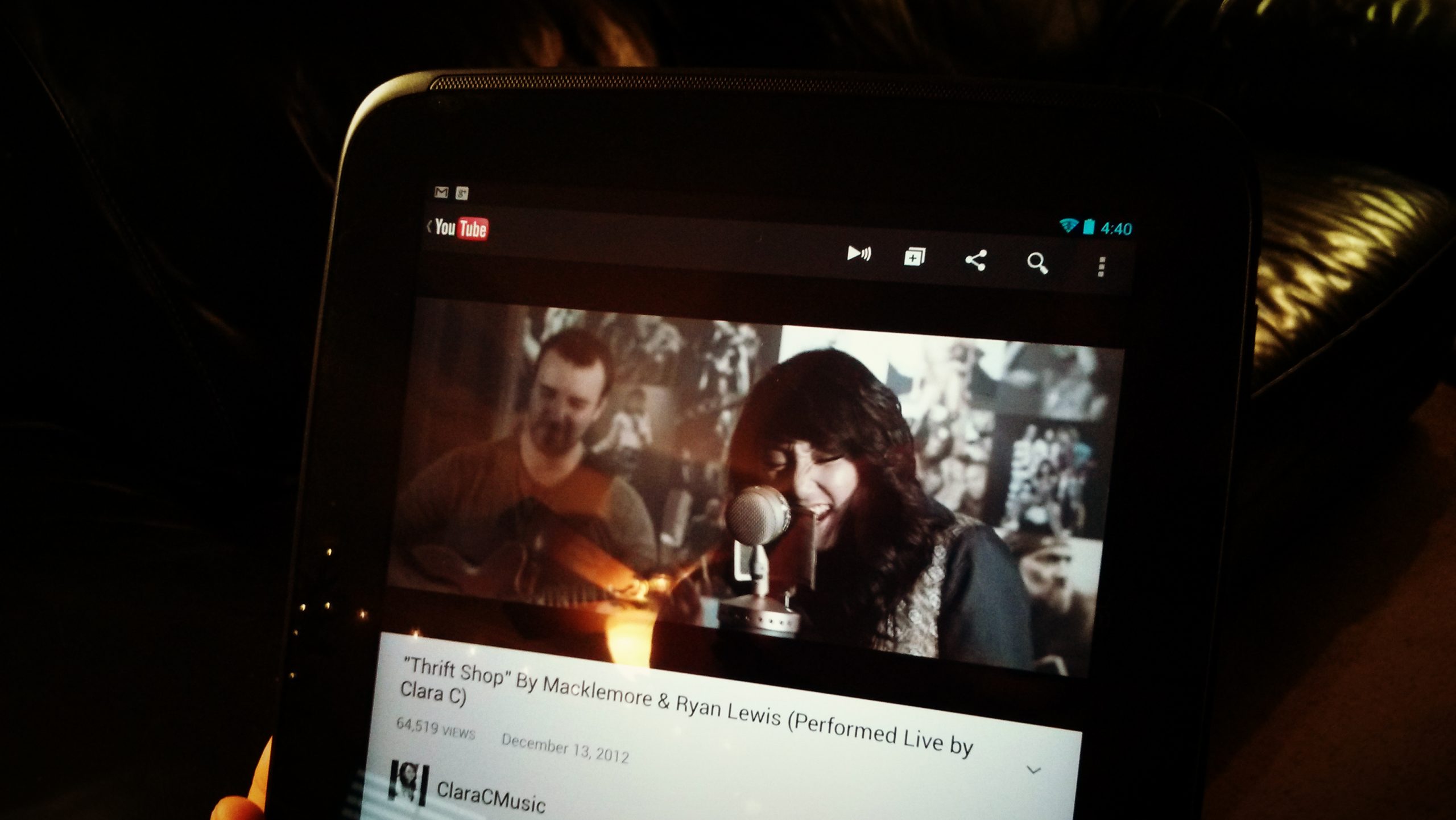
Google Nexus 10 first-impressions review
A month has passed since I started using Nexus 10, Google's first 10.1-inch tablet, which Samsung manufactures. iPad is reason for the delay writing this review. I bought the first three generation models and sold each within two months. The appeal didn't last, in part because of the user interface's long-term limited utility. So Nexus 10 faced resistance before I opened the box and for another, compelling reason: I was (and still am) hugely satisfied with sibling Nexus 7, which form factor and feel in the hand hugely appeal. After a month of testing, just to make sure, I don't plan on selling the larger tablet; its immediate fate won't be that of iPad 1, 2 or 3.
I definitely recommend Nexus 10 to anyone considering a tablet this year in the $400-$500 range. Nexus 7 ($200-$300) is a better option for the budget conscious -- or even Kindle Fire HD ($300-$600). I don't recommend iPad 4 or mini. They cost too much ($329-$829) for the benefits, and iOS has fallen behind Google and Microsoft operating systems. My experience with Surface RT is limited, but the tablet makes a great first impression such that it's worth considering -- and easily over Apple's larger tablet.
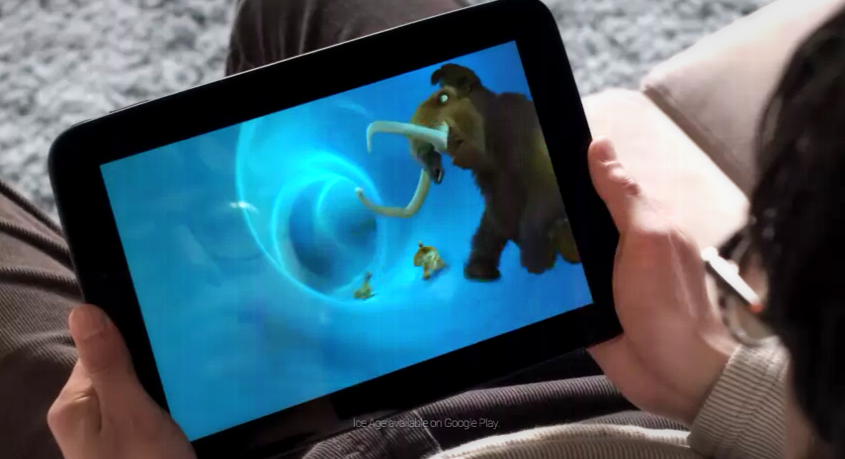
SuperSU developer delivers unofficial fix for Samsung Exynos exploit
Samsung is yet again in the spotlight with a new, potentially dangerous, security flaw. A developer revealed an exploit at kernel level that allows access to the entire physical memory on a number of popular Exynos-based devices, including the Galaxy S III and Galaxy Note II.
Thankfully, a developer behind the SuperSU rooting tool, came promptly to the rescue and released an app which can be used by affected users to temporarily plug the security hole.
